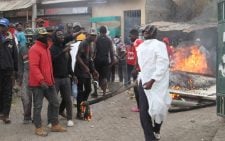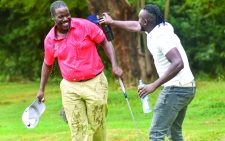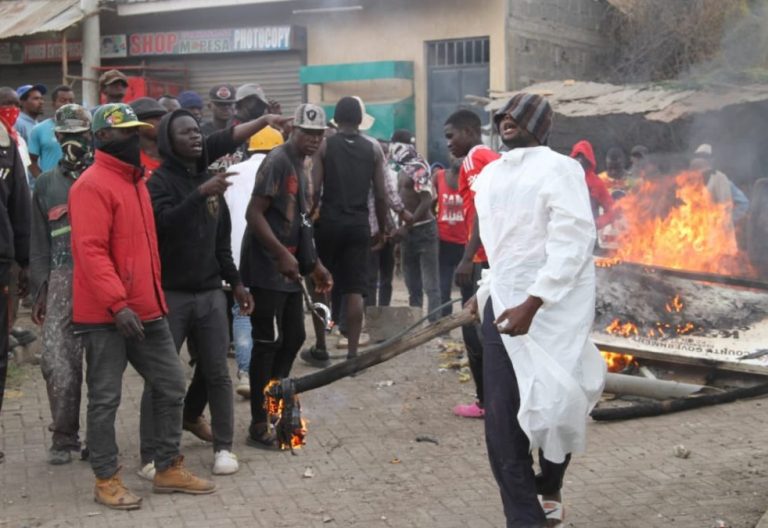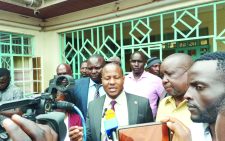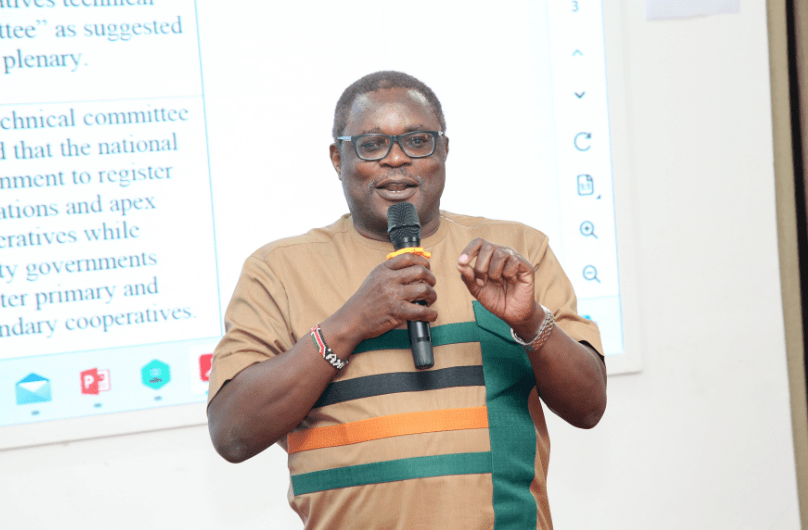Olat, the ex Daadab refugee seeking to make change in Minneapolis
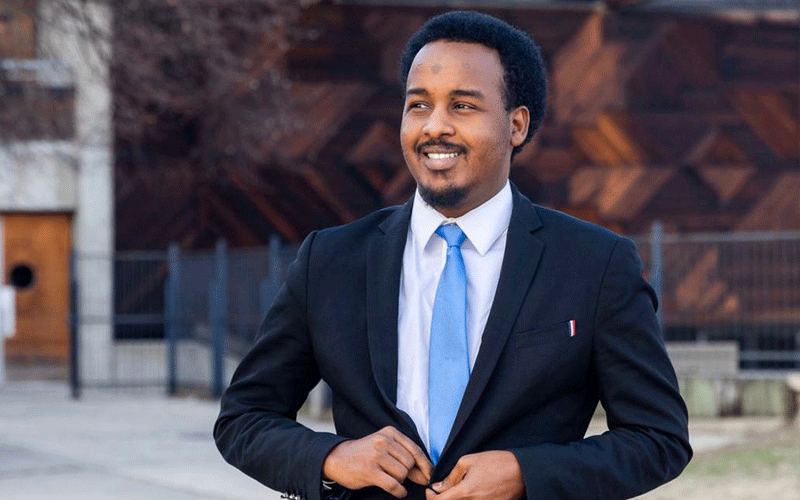
Suud Olat was barely a few months old when his family sought refuge at the Dadaab refugee camp in Kenya after fleeing from the civil war in Somalia in 1991.
For 20 years, he lived in squalid conditions at the camp, surviving on food rations from the United Nations until 2011 when he got the chance to travel abroad to the United States.
Today, Suud Olat, 29, is on line to become ward 6 council member in the Minneapolis City Council in Minnesota.
Minnesota is like a favorable destination to the huge Somali community, most of whom are former refugees from Kenya.
Yet beneath the colourful carpet, racism prevails as evident in the recent demonstrations occasioned by the fatal police killing of George Floyd.
For Suud Olat, Minneapolis is now a home. A vibrant diverse and a welcoming community which from the moment he arrived he fell in love with the city. “Minneapolis is a vibrant city.
The Seward neighborhood where I first stayed is home to immigrants from all around the world,” he said.
“In Elliot Park, I can hear multiple languages; in the restaurants in our town, we have a wide range of cuisines,” he added.
“This is the strength of our diversity and should propel us to achieve tremendous growth and opportunities for all.”
But he says it wasn’t all rosy. It took him a while to adjust to the weather.
Inspired by the tribulations he went through as a refugee in Dadaab and the undying urge to touch lives, Olat is venturing into politics to help change the lives of Minnesotans of different backgrounds in ward 6 and spread the change and momentum globally.
“I want to show the world that being a refugee is not an impediment, it’s conditions that make one flee from home country.”
Olat’s key rallying point in his campaign includes addressing affordable housing, community led public safety and empowering small business and entrepreneurs, caring for seniors and persons living with disabilities and addressing educational, economic and social gaps in the wider community.
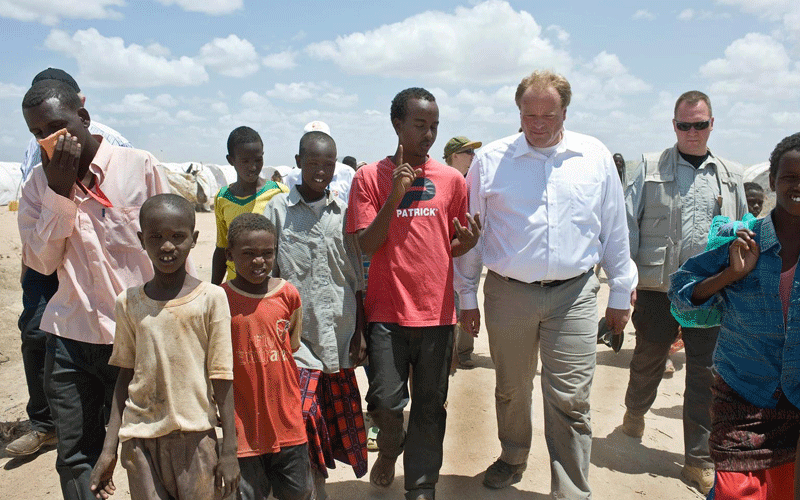
“I am here because I was lucky to get a chance to read. But what of the millions of young boys and girls in refugee camps who cannot access education,” he posed in an interview.
“As a young man, I have hope that we’ll see solutions, durable solutions for diseases, refugees and racism.
I see hope and believe together, regardless of who you are, regardless of where you come from there is a world for all of us. And we can make the world a better place for the next generation.”
In his blog, Olat says: “Life in the Dadaab refugee camp in Kenya was characterized by uncertainty.
We had no access to free movement out of the camp and into other parts of the country. Access to education was a privilege.”
“Not every child goes to school because some parents do not know the importance of education.
Some children are minors who, having lost their parents to the civil wars in their home countries, are living with distant relatives.
Children from minority communities may not go to school, as they may experience discrimination and violence perpetrated by other children.
Children with special needs don’t have access to education because of socio-economic and cultural factors.”
“In the early days during my primary schooling in Dadaab, the school was made up of sticks and mud.
Classes were congested—every class had as many as 160 pupils. Students like me had no access to adequate school supplies and properly trained teachers. During the rains, we had no roof over our head.
Despite all these challenges, we knew education was our only hope of escaping hopelessness and poverty.”
Olat says being educated in a very tough, rough, and challenging environment taught him to seek life and opportunities at the slightest available chance.
“My educational background, experience, and identity have empowered me to share my voice. Without my basic education, I would not be who I am today.”
“I was lucky enough to be among the small number of refugees who were resettled to countries like the United States of America.
I am a beneficiary of the humanitarian efforts by individuals who made sacrifices.
Therefore, I am moved to be a voice for millions of refugees all over the world, so that they can access education and have a brighter future.”
In Minneapolis, Olat is a respected figure, despite his relatively young age.
He is considered as the voice of the voiceless, a role he has taken with so much gusto.
He advocates for the education of the girl child.
“Each of us has a responsibility to use our voice to make a difference on the things that matter to us.
I am using my voice, trying to inspire others to make investments in the world’s poorest countries.
After graduating with a Bachelor of Arts degree from the St Cloud State University last year, he started advocating for peace in Somalia, global health and efforts to combat poverty.
“At first many did not take me seriously, but with time, many have joined my course and we are moving in the right direction,” he says.
He is very committed and focused. I think he is a really good role model for overcoming and challenging situations,” said Michelle Kukoleca Hammes, the associate professor in political science and Olat’s advisor.
Kukoleca Hammes says Olat seeks practical solutions for his lessons, exploring how political science shed light on the situation in Somalia or in the refugee experience.
“Olat wants to use his education to help others,” she says.
Through his advocacy work, Olat has met several U.S and Somali leaders. Current Somali president Mohammed Abdullahi Farmajo is one of those who encouraged him to pursue his education.
Olat believes that world leaders have the responsibility and mandate to use their power and influence to change the lives of refugees by allocating adequate resources, establishing comprehensive policies, finding durable solutions, and championing for their rights.
“If world leaders do not take action, then they will have failed in their responsibilities. Without education for all refugee children and migrants, we could be losing an entire generation.
“If people have peace and education, international immigration will not be such a problem,” Olat observes.
Olat is also a Minnesota’s 6th Congressional District leader for the ONE Campaign, a nonprofit advocacy and campaigning organization founded by Bono of U2.
He is one of our best activists in the Midwest,” says ONE Regional Field Director Shawn Phetteplace for the Great Lakes Region.
Back to his ambition to be Ward 6 representative in the Minneapolis City Council, Olat says his top priority would be to bring more jobs and economic opportunity to the ward.
He said increasing access to education would help community members gain meaningful employment.
“My community oganisation throughout the state has given me the opportunity to listen to first-hand concerns of immigrant families, our neighbors in Ward 6 and overall the city of Minneapolis,” he said.
“That has only strengthened my desire to make a real meaningful change.”
When asked how he plans to support small businesses in Ward 6, he said, “Women, people of color and indigenous people own many of the businesses in Ward 6.
Equitable economic development and entrepreneurship is a critical component of my campaign.” He will work to ensure a thriving, safe, and liveable neighbourhood.
He says he is looking to a future where the United States and Africa will work towards fighting poverty together.


